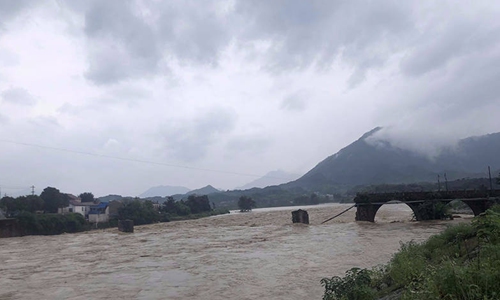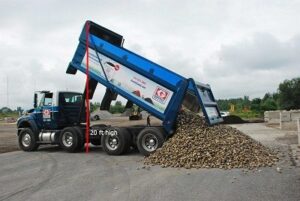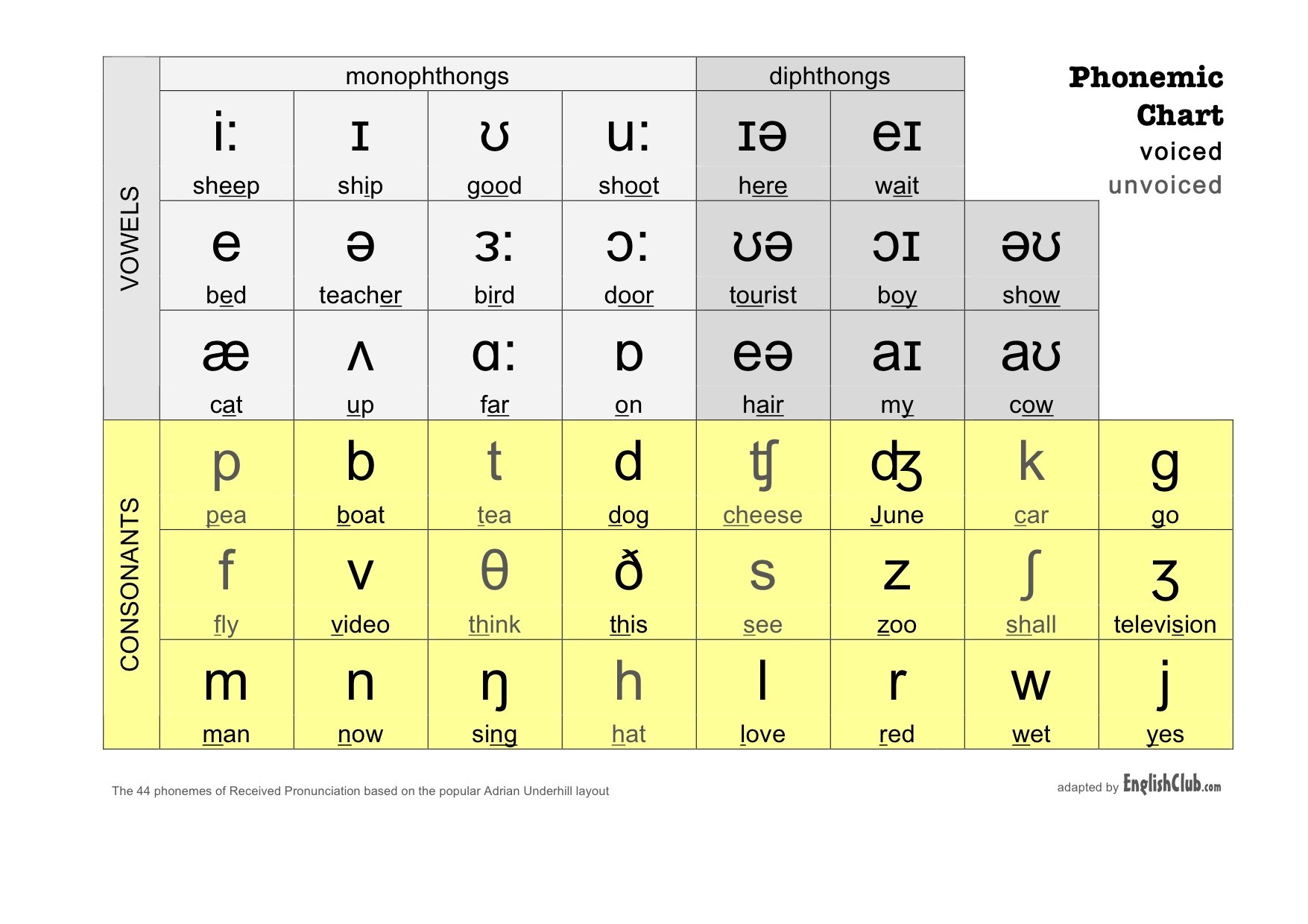
- What industry do you work in and what is your role?
- What are your responses in your role / position?
- Can you describe to the function of your workplace / company?
- How many departments, how many offices. National or International?
- What are the minimum requirements for employment ie Education or Experience?
- How many opportunities are there to ‘move up the ladder’?
- What is the process for changing job roles ie Interview? Test?
- Current projects? Deadlines? Opportunities?
- Anything of interest happening?
1.
What is active and passive vocabulary? Passive vocabulary refers to words that learners understand but are not yet able to use. Active vocabulary, on the other hand, is the words that learners understand and use in speaking or writing. When learning a language, should we focus more on developing an ability to speak or on building up our understanding of the language? This is a common question language learners ask, especially at the beginning of their language learning journey. Here are my views.
2.
The native speaker with whom you’re going to speak is always going to have a bigger vocabulary than you, so your understanding needs to be of a higher level than your speaking. What’s more, in any language, even your own, you usually spend more time listening than you do speaking. You’ve got to understand what people are saying around you.
3. What do they often do in classrooms? They encourage people to speak, and speak correctly right from the beginning. But beginner learners have no context, no familiarity with the language. It just becomes a matter of rote cramming of information that is relatively meaningless.

What methods do you think might be most effective in transitioning passive vocabulary into active?
4.
I read recently that anything we cram or learn against the grain is only going to stay in our short-term memory. Things that we acquire through longer term and enjoyable engagement will stay with us longer. That is why alanguage-learning method that is based on lots of listening and reading — I know I’m a bit repetitious on this — will ensure longer term retention of the language.
5.
You’re going to be able to revive and refresh those languages more easily if you leave the language for a while. A couple of weeks of listening and reading, and perhaps speaking a bit, and it comes back stronger than ever before. It’s in there soundly because it’s built up based on this very large passive vocabulary.
6.
I recently watched the TED talk above by linguist Conor McDonough Quinn. In it he said things that I consider to be simply untrue. He said the biggest obstacle people have in language learning is their fear of not being able to speak. He proposed that the way around that is to learn fewer words, just a few key words and then speak. But if you do that, you won’t understand much, and that’s an even worse situation. To me, the biggest fear I have is not understanding what people are saying to me.

Do you think a balance of listening, reading, speaking is important or do you think focusing on one is better? Discuss.
You are Going to Struggle and Stumble when You Speak
7.
If you at least understand what the person is saying, if you have a large passive vocabulary, you’re going to feel more comfortable and more confident. This gives you more time to think, and reduces the pressure on you, so that you can try to use, try to activate, some of your passive vocabulary.
Describe a picture
Example 1:
What word(s) best describe what’s happening in the picture below?
 The bridge was destroyed (or broken) by the flooded river.
Vs.
The bridge was washed away by the flooded river.
Although both convey the message, the second sentence stands out because of use of precise phrase.
Example 2:
The bridge was destroyed (or broken) by the flooded river.
Vs.
The bridge was washed away by the flooded river.
Although both convey the message, the second sentence stands out because of use of precise phrase.
Example 2:
 What word(s) best describe what’s happening in the picture below?
‘Dropped’
Not the best response.
A better word is ‘emptied’. Even ‘dumped’ is great.
A crisp description of the above action would be: “The dumper emptied (or dumped) the stones on the roadside.”
What word(s) best describe what’s happening in the picture below?
‘Dropped’
Not the best response.
A better word is ‘emptied’. Even ‘dumped’ is great.
A crisp description of the above action would be: “The dumper emptied (or dumped) the stones on the roadside.”





